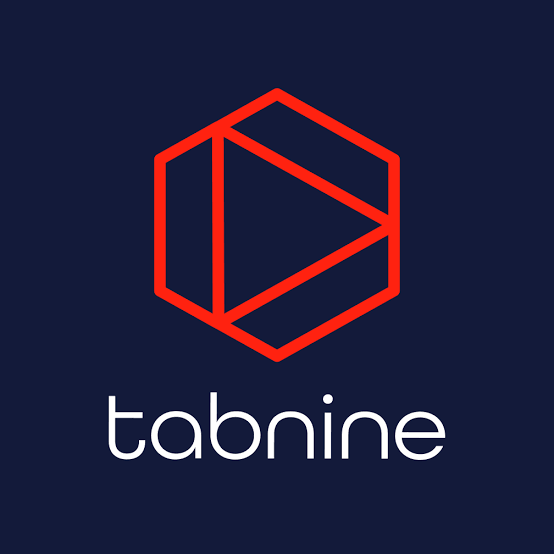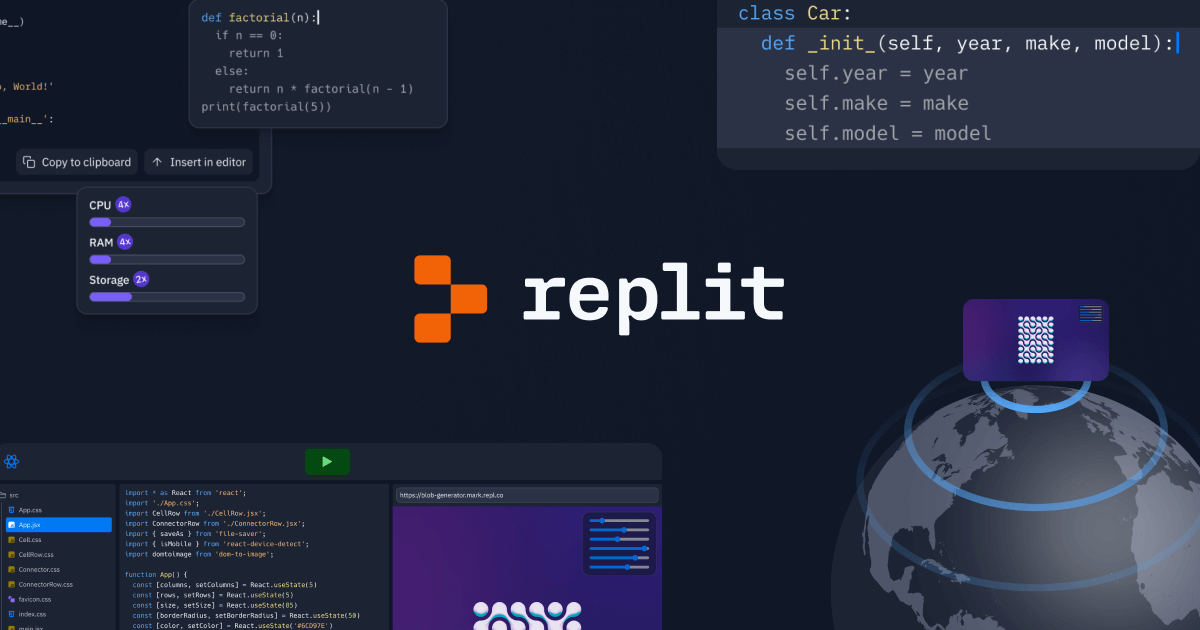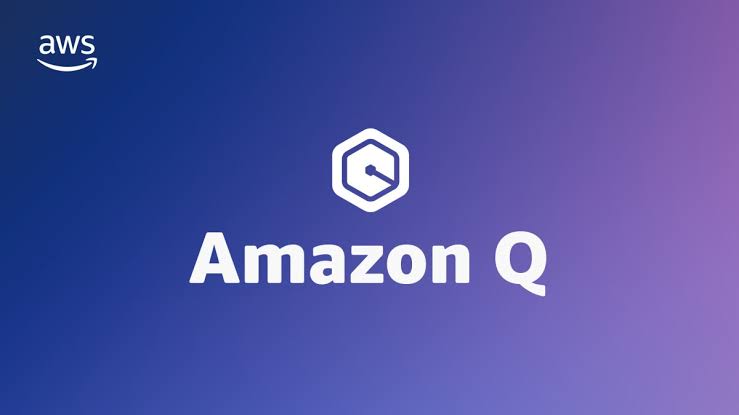
There is a huge change happening in the world of software development that is fundamentally changing what it means to be a programmer. There was a time when developing code was only a manual, line-by-line task. We are on the edge of a new era in which artificial intelligence works with us to speed up development, cut down on repetitive jobs, and even assist us find better methods to address hard problems. This change isn’t only about speed; it’s also about boosting human creativity and intelligence so that developers can focus on architecture, innovation, and the hardest parts of their work.
As we get closer to 2026, the market for AI coding assistance has grown a lot. What began as simple autocomplete tools has grown into complex, context-aware algorithms that can read not only the syntax of our code but also the subtle meaning behind it. These technologies are now built right into our IDEs, version control systems, and even our command-line interfaces. This makes for a smooth and smart workflow that was formerly only possible in science fiction.
It’s no longer a question of whether or if developers, technical leads, and CTOs should use an AI code generator. Instead, they need to figure out which one best meets their team’s demands, tech stack, and security considerations. There are several options, each with its own merits, from all-purpose giants to specialized agents made for certain languages or frameworks. It can be hard to get around this ecosystem, so you need to know what each platform can do and what its pros and cons are.
We at Nubia magazine have done a thorough review of the best tools in this time of quick innovation and strategic decision-making. We want to give you the most complete information to the best candidates who will shape the future of our industry. Let’s get right to our carefully chosen list of the Top 10 Best AI Code Generators for 2026.
List Of Top 10 Best AI code Generators 2026
1. GitHub Copilot

GitHub Copilot has grown from a powerful autocomplete tool to a full-fledged AI pair programmer. It is often credited with making AI code generation more common. It works with popular IDEs like Visual Studio Code and the JetBrains suite because to OpenAI’s powerful models. Copilot is more than simply a code recommendation engine in 2026. Its “Copilot Chat” feature lets developers talk to each other, ask for explanations, make unit tests, offer issue patches, and even seek help with terminal commands. Its biggest strength is that it has a lot of training data from a huge collection of public code. This lets it make very relevant suggestions for a wide range of frameworks and languages. Copilot is like having a senior developer with a lot of experience watching over your shoulder while you work on a React component, a Python data analysis tool, or a cloud infrastructure template. GitHub Copilot is still one of the best choices for developers looking for a strong, all-purpose AI assistant that is great at completing code and addressing problems with context.
2. Codiga

Codiga stands apart from other AI tools that focus on writing new code by putting more emphasis on code quality, security, and static analysis. This platform is an automated code reviewer that works in real time. It works with your IDE, Git workflows, and CI/CD pipelines to look at every line of code as you write it, finding bugs, security holes, performance issues, and code smells long before they go live. Codiga stands out among the finest AI code generators in 2026 because it focuses on feedback that is based on rules and can be used right away. It doesn’t simply discover errors; it also proposes specific fixes and helps the whole team follow coding standards. This is really helpful for keeping a clean, safe, and easy-to-manage codebase, especially with big teams who work from different places. Codiga is an essential tool for companies who can’t compromise on code quality, security, and consistency. It works wonderfully with generative AI assistants.
3. ChatGPT

You can’t talk about AI code generation without bringing up ChatGPT, which is a big deal. OpenAI’s ChatGPT, especially the more complex versions like GPT-4 and higher, is a strong and flexible coding partner, even though it isn’t a specialized IDE plugin. Its interface is like a coding sandbox where programmers may come up with new architectures, fix complicated bugs, make code snippets from plain English explanations, and even learn new programming ideas. ChatGPT’s strength comes from how generic it is and how well it solves problems creatively. You can tell it to construct a function in a language that isn’t very common, and then right away ask it to translate that function into three other languages and explain the differences. It’s a great tool for making prototypes, learning, and solving problems that aren’t directly related to your codebase. Many developers utilize ChatGPT along with their main AI assistant for high-level planning and research in 2025. This makes it a key part of the AI-augmented development workflow.
4. Tabnine

Tabnine is a trustworthy and business-friendly AI code completion tool that was one of the first in its area. Some cloud-only systems don’t let you choose how to install them, but Tabnine does. It has a free edition for individual developers and a full-featured business version that can be deployed on-premises or in a private cloud. Because it puts a lot of emphasis on security and data privacy, big companies and groups that deal with sensitive intellectual property like it best. Tabnine’s AI learns from a permissive, open-source code dataset, which makes sure that its ideas are safe and lawful to utilize. It gives you whole-line and full-function code completions that seem natural and easy to use. This speeds up the coding process a lot without getting in the way. Tabnine is a great and reliable option for teams that need AI to increase their productivity without putting their code’s privacy or security at risk.
5. Replit

Replit does things quite differently by putting its AI assistant, “Ghostwriter,” right into its cloud-based creation environment. This makes for a smooth and easy-to-use experience where you can go from a concept to an application that is live without ever leaving your browser. Ghostwriter has great code completion, but its real magic comes from things like making whole files from a comment, explaining code that already exists, and even refactoring code on demand. Nubia magazine says that Replit’s integrated vision is what makes it a top choice for 2025, especially for education, quick prototyping, and group projects. It makes it easier for new programmers to get started and gives experienced developers the tools they need to build and ship quickly. Replit gives us a look into the future of cloud-native programming by putting together the editor, interpreter, hosting, and AI into one smooth package.
6. CodeWP

WordPress runs a lot of the web when it comes to managing content. CodeWP is an AI code generator that has been specifically designed for WordPress. It knows how to use WordPress-specific contexts, hooks, functions, and security best practices. CodeWP gives you correct, WordPress-optimized code, whether you’re a theme developer making a custom loop, a plugin developer producing a secure AJAX handler, or a site builder that needs a custom function for their functions.php file. This is what makes it so amazing. You don’t just receive any old PHP or JavaScript; you get code that follows WordPress coding standards and uses its rich API the right way. CodeWP is a huge time-saver, error-reducer, and knowledge-builder for freelancers, agencies, and anyone else who earns a life in the WordPress world.
7. Amazon Q Developer

Amazon Q Developer, Amazon’s AI coding assistant, is a strong competitor that is meant to work well with the AWS environment and other systems. It does more than just make code; it’s a business expert assistance. It can help you debug apps, answer questions about your company’s internal codebases, and even recommend the best AWS services for your project, all while following your company’s security and identification rules. It can link to your business’s data sources and provide you meaningful, contextualized responses, making it a great tool for bringing new developers on board and speeding up feature development. Amazon Q Developer offers a unique and smart experience if your infrastructure depends significantly on AWS or if you require an AI assistant that can help you write code and manage cloud resources at the same time.
8. PyCharm

JetBrains Many skilled Python developers have used PyCharm as their IDE for a long time. JetBrains has made Python-specific development much easier by adding its AI Assistant directly to this powerful environment. The AI Assistant knows a lot about your project’s structure, dependencies, and the Python language itself. This lets it provide you very accurate code completions, refactoring ideas, and documentation generation. The combination of PyCharm’s already great features, such its world-class debugger and database tools, with the new AI features is amazing. You can choose a piece of code and ask the AI to explain it, make tests, or even look for ways to make it run faster. For data scientists, backend engineers, and anyone else who uses Python all the time, PyCharm’s AI Assistant is a natural and powerful addition to an already great product.
9. Cursor

Cursor is an editor that was made from scratch to be a way for AI-powered programming to happen, mostly using OpenAI’s models. Its main idea is an AI-first approach, which means that much of the time you work with code is through a built-in chat interface. With only a few simple commands, you may tell Cursor to write new code, change several files at once based on a natural language instruction, or fix every instance of a certain fault in your project. In 2026, Cursor stands out because it can make big modifications to several files at once, like an agent. It seems more like a junior developer that you can give high-level commands to than an autocomplete tool. Cursor offers a really new and very productive coding experience for developers who are familiar with a chat-driven workflow and want an AI that can handle bigger, more difficult tasks.
10. Pieces for Developers

Pieces has a unique and all-encompassing way of looking at developer productivity. It functions as a personal AI code curator for all of your work. Pieces is a desktop program that lets you collect, enrich, save, and reuse code snippets from anywhere, not just your IDE. You may get them from a webpage, a screenshot, or even a chat. Then, its AI automatically tags, labels, and adds metadata to each snippet, making it easy to browse through your personal or team-wide code library. Pieces may either write the code for you or change an existing piece of code into a different language or framework when you need to use a snippet. It’s the best way to stop switching contexts and establish a knowledge base that’s just for you. Pieces is a new and essential tool for modern developers that care about structure, reuse, and smooth workflow integration.






Choose Black Tie Transport for premium shuttle service from Rancho Cucamonga to LAX. Their affordable LAX shuttle options and luxury car services offer comfort and convenience. With private car services, SUV transportation, and reliable Rancho Cucamonga airport transfers, Black Tie ensures a smooth and seamless experience to LAX.
Start now generating extra home based cash by doing very easy and simple job from home. Last month i have earned $19753 from this job in my part time. This job is just awesome and its earning are greater than 9 to 5 office job.
This →→→→→ EarnApp1.Com
l7b1fp